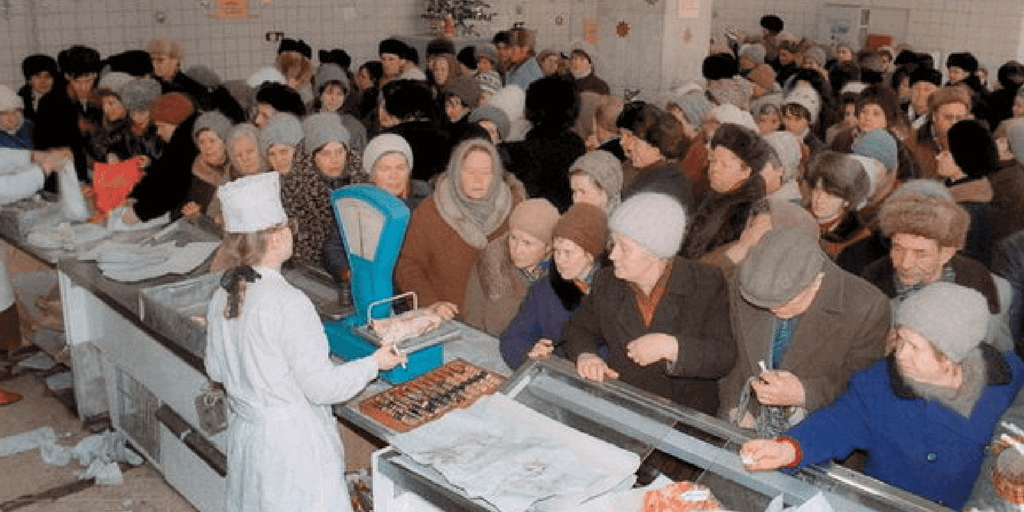danielpalos
Diamond Member
- Banned
- #1,561
We would never have survived WWII without forms of truer socialism.Bwahahaha! Yes. Yes, we would have. Not only “survived”, but thrived. Even radically left-wing UCLA economists have said so. Additionally, the architect of the “New Deal” himself, Henry Morgenthau Jr., declared the policies to be a catastrophic failure.Would America have survived the Great Depression without the government helping people via forms of socialism?
FDR’s policies prolonged Depression by 7 years, UCLA economists calculate - Frontiers of Freedom


